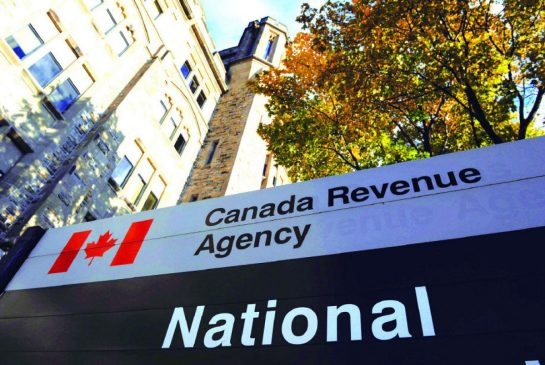


The Canada Revenue Agency has announced a new category of tax remittance for actors, comedians, improvisers, and other types of performers to pay dues on the vast sums of attention and future opportunity they receive on a daily basis.
“Our studies have shown that a large share of Canadian actors are paid in “exposure” whenever they do a show, rather than actual monetary funds,” reported David Northridge, Assistant Regional Director of the CRA, “Canada really ought to be getting a share of this buzz.” Under the new plan, actors compensated with exposure will be required to remit 30% of it along to the government each year.
“Some of these shows attract literally several audience members and that incredible exposure resource is an income stream that has gone untaxed for years”, said Northridge, “there are improv comedians out there with almost $100,000 of non-monetary “exposure” in their pockets and that’s a real asset.”
Philip Walpole, producer of Winnipeg’s Monday Night Guffaw at the Loony Bin Comedy Club confirmed the finding, “I pay all my comedians with the most beneficial thing to a young, struggling performer: their name on a Facebook invitation and some casual Canadian audience members. I mean, if people who perform at my shows get another five Twitter followers because of the exposure, haven’t they gotten the best payment of all?”
The CRA is still developing how the taxes are to be paid, with the current plan being to require exposure-based performers to devote 30% of their time to performing in unpaid Canadian Government PSA’s, tourism ads, and fundraisers. Actors will also be placed into a new social assistance plan where they will be given one unpaid set a week at a local comedy club or a supporting role in an independent film so that audiences can continue to kind of remember their faces from that one commercial that one time.
“We’d love to give them more protections and even pay these actors actual money as a pension, we really would,” said Northridge, “but there’s just not enough to go around in the country right now, after expenses and paying government salaries. Maybe if the country really starts getting popular with citizens and tourists and really takes off in a month or two we can start giving them a cut of what we get at the border. But until then, the best thing for their future careers is just being seen.


